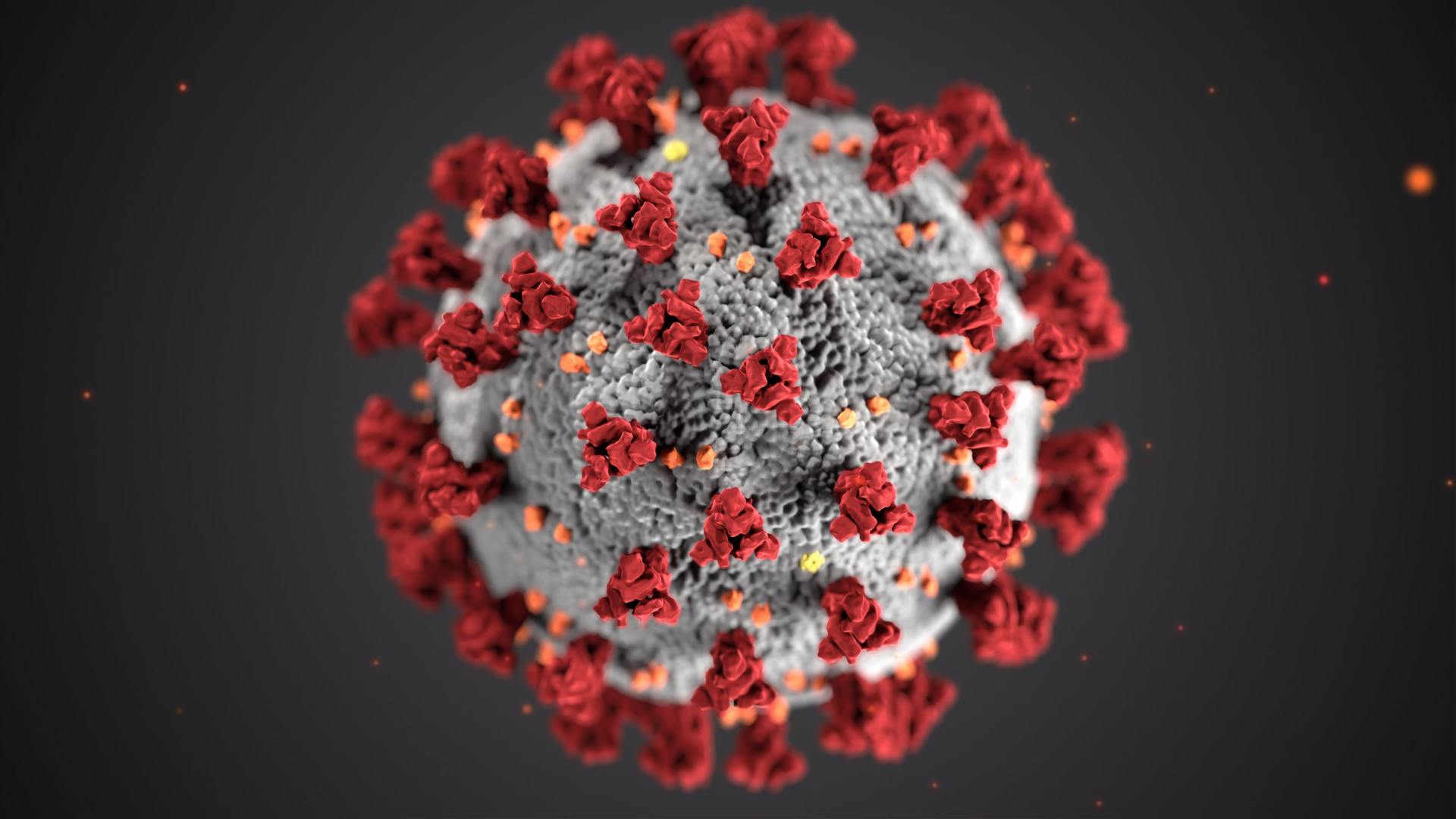While the ongoing COVID-19 pandemic has brought renewed focus on viral
infection in general, one of the often-overlooked consequences of viral
infection is the development of sepsis. In 2019, before the COVID-19 virus
dominated the news cycle and our lives, the Pennsylvania Patient Safety
Authority was designated September
as “Sepsis Awareness Month”
to raise awareness of this deadly condition.
Since sepsis
is a condition caused by viral and other infections that have been allowed to
get out of control, it is often the result of medical malpractice.
What
is Sepsis?
The Centers for Disease Control
defines sepsis as “the body’s
extreme response to an infection.”
Essentially, in response to being overwhelmed by infection, the immune
system gets out of control, releasing large amounts of chemicals into the blood
and triggering inflammation in the affected area that can destroy tissue and
cause organ failure. This is why sepsis
is sometimes referred to as “blood poisoning.”
Without proper diagnosis and treatment, sepsis can cause catastrophic
injuries and, in many cases, death.
How
do Viruses Cause Sepsis?
Sepsis
itself is caused by an overreaction to the immune system. However, the underlying infection triggering
the immune response can be a viral infection. These infections can occur
anywhere in the body, including the lungs, skin, blood, and bones, and can be
caused by seemingly harmless viruses we tend not to fear, such as seasonal
influenza.
If left
undiagnosed and untreated, these viral infections can be allowed to get out of
control, leading to the immune system overreaction that causes sepsis. This is
especially true in those with weakened immune systems, such as infants and
those over 65 years of age, as the immune systems of such individuals are more
susceptible to becoming overwhelmed by a viral infection.
The CDC estimates approximately 1.7
million people develop sepsis each year, that approximately 270,000 people die
as a result, and that a massive 1 in 3
patients who die in hospitals
have sepsis.
What
are the Symptoms of Sepsis?
Because
sepsis symptoms may initially appear to be mild, it is important for patients
and their caregivers to carefully monitor viral infections for the development
of sepsis. The patient may suffer a
general sense of “not feeling good,” have a slightly increased temperature,
shivers or an increased heart rate. As
sepsis progresses, however, the symptoms become more severe. According to the Mayo Clinic, Symptoms of
advanced sepsis include:
- Difficulty breathing and respiratory
rates higher than or equal to 22 breaths a minute;
- Abnormal heart function;
- Low blood pressure that requires
medication to increase and maintain;
- A sudden change in mental
status/alertness; and
- High levels of lactic acid in your
blood, which indicates your cells aren’t using oxygen properly.
Medical providers
must be vigilant in monitoring their patients’ symptoms for signs of infection and
sepsis. If sepsis is caught early, the
infection the body is responding to can typically be treated with anti-virals
and other treatments. These treatments help to combat the infection and tame
both the immune system’s reaction to the infection and the inflammatory
response it causes, thereby lessening the likelihood of developing sepsis. Ignoring or failing to recognize that a viral
infection is getting out of control can lead to devastating consequences.
What
Kind of Injuries Can Sepsis Cause?
Sepsis can
cause a number of serious and catastrophic injuries, including:
- Cognitive issues: Advanced
sepsis can cause low blood pressure and inflammation in the brain. This can lead to damage to the brain tissue,
ultimately causing severe cognitive dysfunction, such as memory loss and other
mental impairment.
- Gangrene: The
decreased blood flow and destruction of tissue caused by advanced sepsis can
cause tissues, particularly in extremities like the hands and feet, to die and
become gangrenous.
- Amputation: When
extremities become gangrenous as a result of sepsis, they often must be
amputated in order to prevent the spread of infection to other parts and
systems of the body.
- Organ Failure: The
decreased blood flow and tissue damages caused by advanced sepsis can cause
organs and organ systems to incur heavy damage, sometimes shutting down
entirely. Damage to the kidneys and
lungs is most common in advanced sepsis cases.
- Death: Advanced
sepsis can cause blood flow and organ system failure that eventually leads to
death.
How
can Sepsis be Caused by Medical Malpractice
There are
several ways medical malpractice can lead to sepsis. One of the most common is the failure to diagnose
either the
underlying viral infection or the sepsis that is developing as a result of the
infection getting out of control. Failing
to take proper readings and perform simple tests, such as checking oxygen
levels, can cause medical providers to miss obvious signs and symptoms of
sepsis. Such failures lead to delays in receiving much needed treatment, allowing
the sepsis to enter advanced stages and cause irreversible damage, if not
death.
Failure to
properly treat the underlying infection is another common medical error that
can cause sepsis to advance unnecessarily.
Lastly,
sepsis can commonly occur from infections acquired while in the hospital,
either during surgery or as a result of improperly sterilized medical
equipment.
What
Should I Do if I or a Loved One Has Suffered Personal Injury due to Sepsis as a
Result of Medical Malpractice?
You need to
contact an experienced personal injury lawyer immediately. Because most sepsis injury cases involve
medical malpractice, they require an extraordinary amount of
investigation. Your attorney may need to
obtain and review thousands of pages of medical records which will then need to
be reviewed by an expert. This is an
expensive and time-consuming process that must begin as soon as possible to
determine whether you have a claim. You also need an attorney with a thorough
knowledge of the practice of medicine and the resources necessary to take the
case to trial/
At the Law
Office of Alvin F. de Levie, Esq., we have decades of experience handling medical
malpractice claims, including a recent case where a client suffered quadruple
amputations as a result of developing sepsis.
We handle
cases throughout Pennsylvania, from Philadelphia and the surrounding counties
to Allegheny County and Centre County, and from the New York border to the borders
of West Virginia and Maryland. If you have
suffered an injury as a result of medical malpractice, please call our firm –
24 hours a day, 7 days a week – at 844-777-2529 (Toll Free) for a
consultation. One of our team members
will be in immediate contact with you.
We maintain offices throughout Pennsylvania in Philadelphia, State
College and Bellefonte. We are willing to meet any clients throughout the
Commonwealth.






























